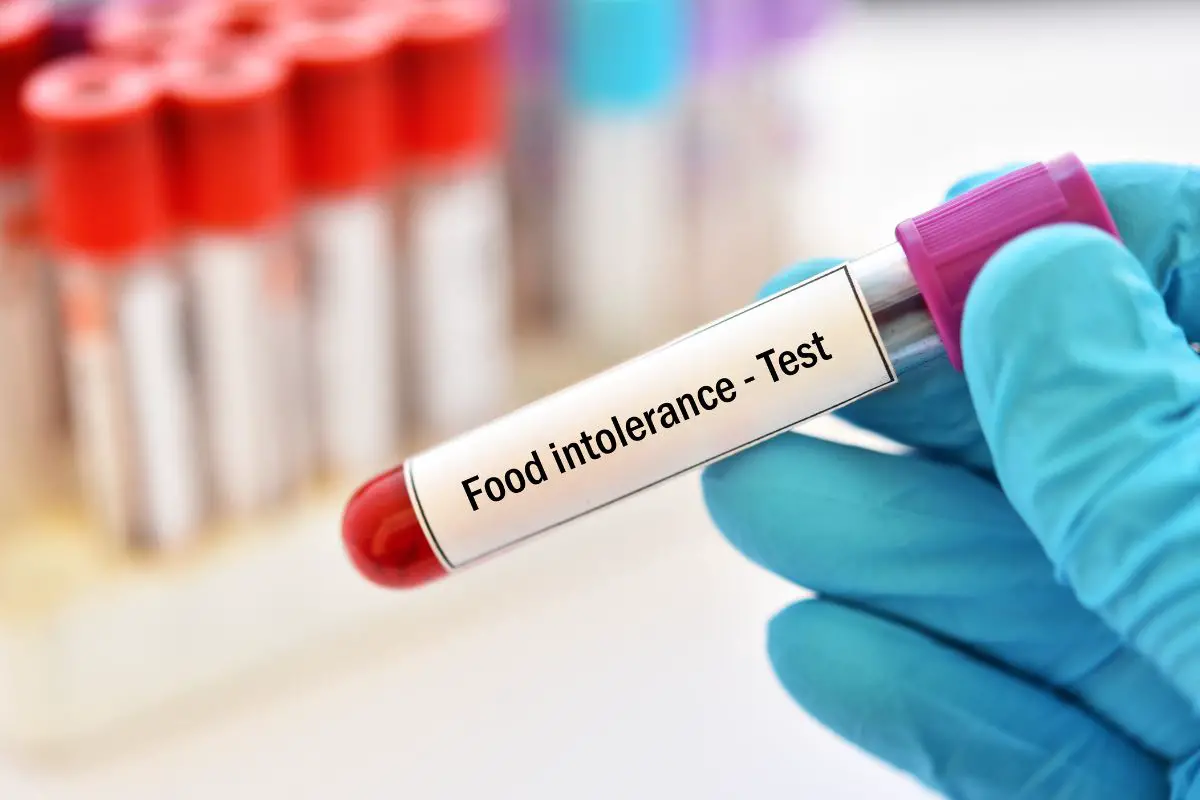Coffee, like other drinks and foods on the market, is associated with some side effects among some people. For instance, research shows that about 20 percent of Americans have food intolerance. But can you be intolerant to coffee? It is not uncommon to find people who are intolerant to coffee.

Reactions after drinking coffee, whether resulting from intolerance or allergy, come from caffeine and other compounds in coffee. Coffee intolerance can be described as a delayed response by the body towards a certain compound in the beverage. An allergy, on the other hand, is an immune reaction that causes the body to release histamine. Sometimes, both coffee intolerance and allergy cause similar symptoms.
Causes and Symptoms of Coffee Intolerance
Coffee contains at least 1000 chemicals. Identifying the exact compound that is causing the intolerance is challenging. However, research studies have shown some compounds that are linked to intolerance and allergies. These compounds include:
1. Histamine
Coffee is rich in histamine. The histamine can set off an intolerance that appears like an allergic reaction. Histamine in coffee results in an inflammatory reaction. The inflammation is severe in some individuals. Histamine in coffee causes several symptoms similar to those of intolerance to coffee including:
- Abdominal pain
- Shortness of breath
- Hives
- Rashes
- Palpitations
Some people show more intolerance to histamine in coffee. Such individuals often have a condition referred to as mast cell activation syndrome. The condition can lead to a sharp increase in histamine levels in the body.
2. Caffeine
Caffeine is the main compound in coffee. Coffee contains the highest amount of caffeine among natural sources of caffeine. Caffeine causes intolerant among some people. Genetically, the body has enzymes that help metabolize caffeine. Individuals who are poor in metabolizing caffeine are more prone to symptoms of caffeine intolerance including:
- Palpitations
- Anxiety
- Jitteriness
- Headache
- Fatigue
- Numbness
- Abdominal pain
Some symptoms of caffeine intolerance are related to caffeine allergy. In caffeine allergy, the body recognizes caffeine as a foreign compound. Thus, the body attacks the caffeine. Consequently, the body attacks itself, leading to inflammation. In the worst cases, there can be anaphylaxis due to an allergic reaction.
3. Mycotoxins
Coffee also contains high levels of mycotoxins. These are a type of toxins produced by mold and fungus. Most foods are often contaminated with mold, especially dried foods such as cereal grains and coffee. Coffee contains a mycotoxin known as ochratoxin. It is produced by different molds that thrive on coffee beans. Research shows that ochratoxin induces intolerances and allergic reactions. Also, it is linked to kidney disease, brain damage, and cancer.
How Many Cups of Coffee Should you Drink if you are Intolerant to Coffee?
Individuals who do not show symptoms of intolerance to coffee should drink a maximum of 4 standard cups of coffee per day. However, if you are intolerant to coffee, avoid it and drink coffee substitutes. For instance, some teas are a great alternative due to their lower caffeine content. Also, teas are a great source of energy.
If you enjoy coffee but caffeine upsets you, there are great alternatives that do not contain caffeine such as decaf coffee. However, decaffeinated coffee may contain histamines and mycotoxins that react in some people. Coffee alternatives such as acorns tea, chicory root tea, dandelion root tea, carob tea, and barley tea taste like coffee. They are non-caffeinated and your body is more likely to tolerate them.
When withdrawing from coffee, start by reducing your intake gradually to avoid caffeine withdrawal symptoms. If you withdraw coffee intake the cold turkey way, you may experience significant side effects. One of the best ways to reduce your caffeine intake is to dilute regular coffee with decaf coffee. Also, reduce your intake from say 4 cups to 2 cups per day over a few weeks. Then reduce your intake to 1 cup per day. Eventually, you will stop drinking coffee altogether.
When to See Your Doctor
Can you be intolerant to coffee? Yes. Some people show symptoms of coffee intolerance. If you experience new symptoms than usual, or the symptoms worsen after drinking coffee, it is time to see your doctor. They will do tests and check for any other possible causes. Your doctor may recommend eliminating some foods and drinks from your diet and record your progress. That way, they will identify whether it is coffee and/or other food items causing intolerance.